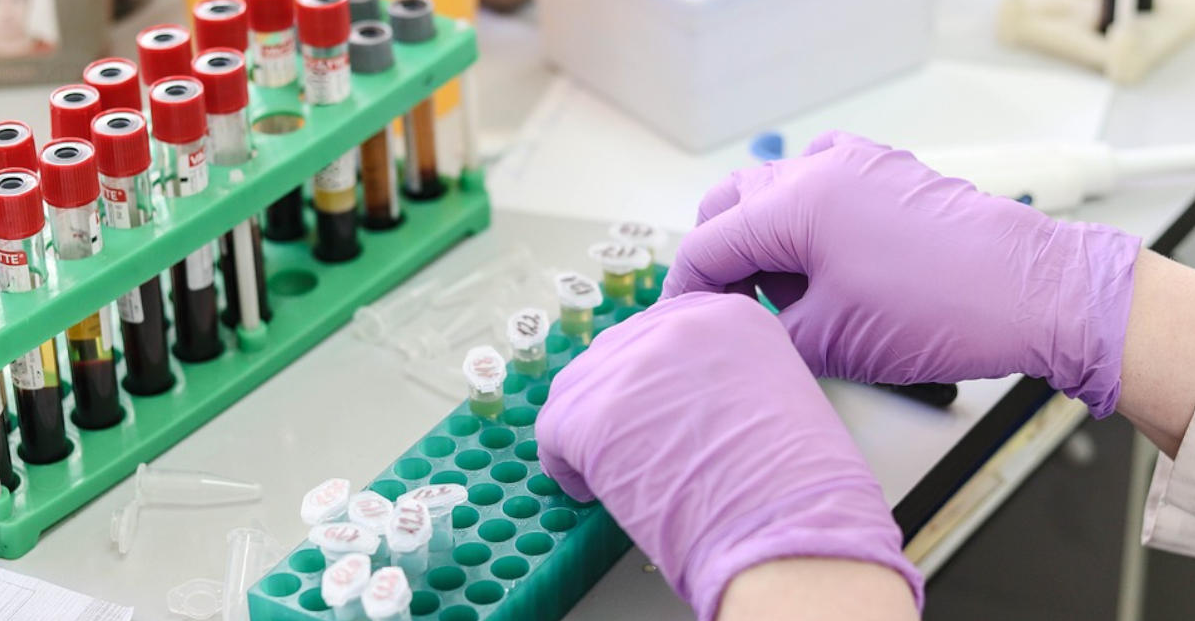Maine Medical Cannabis Report Reveals High Contamination Rates
LOS ANGELES- Nearly half of the medical cannabis commercially available in Maine contains contaminants like yeast, mold, or pesticides, a new report from the state’s Office of Cannabis Policy (OCP) reveals. The findings, detailed in a 49-page summary, show that out of 120 medical cannabis samples, 50 failed the safety testing standards set for recreational cannabis. This translates to a 42% failure rate, raising significant concerns about the safety and quality of the products.
John Hudak, director of the OCP, expressed serious concerns about the medical cannabis program in Maine. “This data indicate that Maine’s medical cannabis program needs a comprehensive solution to reform and modernize the system in order to protect Maine’s patients,” Hudak stated. He underscored the need to safeguard the state’s 106,000 medical cannabis patients, who are currently at risk of exacerbating their medical conditions or mistaking symptoms of contamination for those related to their illnesses due to the lack of mandatory testing in the medical cannabis program.
The contaminated samples, collected in August, included a variety of products: 101 different flower cross-sections, 18 vape cartridges, and one edible. These were sourced from 112 registered caregivers and eight dispensaries, a fraction of the state’s 1,799 caregivers and 64 dispensaries as of October.
The range of contaminants found was diverse, with some samples failing tests for multiple issues. The breakdown of failures included 30 for yeast and mold, 26 for pesticides, four for heavy metals, and one for “filth and foreign materials.” Particularly concerning was the presence of myclobutanil, a prohibited pesticide known to release cyanide gas upon combustion. Alarmingly, one medical cannabis sample was found to contain 293 times the permissible level of this substance.
The OCP’s findings highlight an urgent need for reform in Maine’s medical cannabis program to ensure patient safety and product quality. As the state grapples with these findings, the call for a comprehensive solution to overhaul and modernize the system becomes increasingly critical.


































